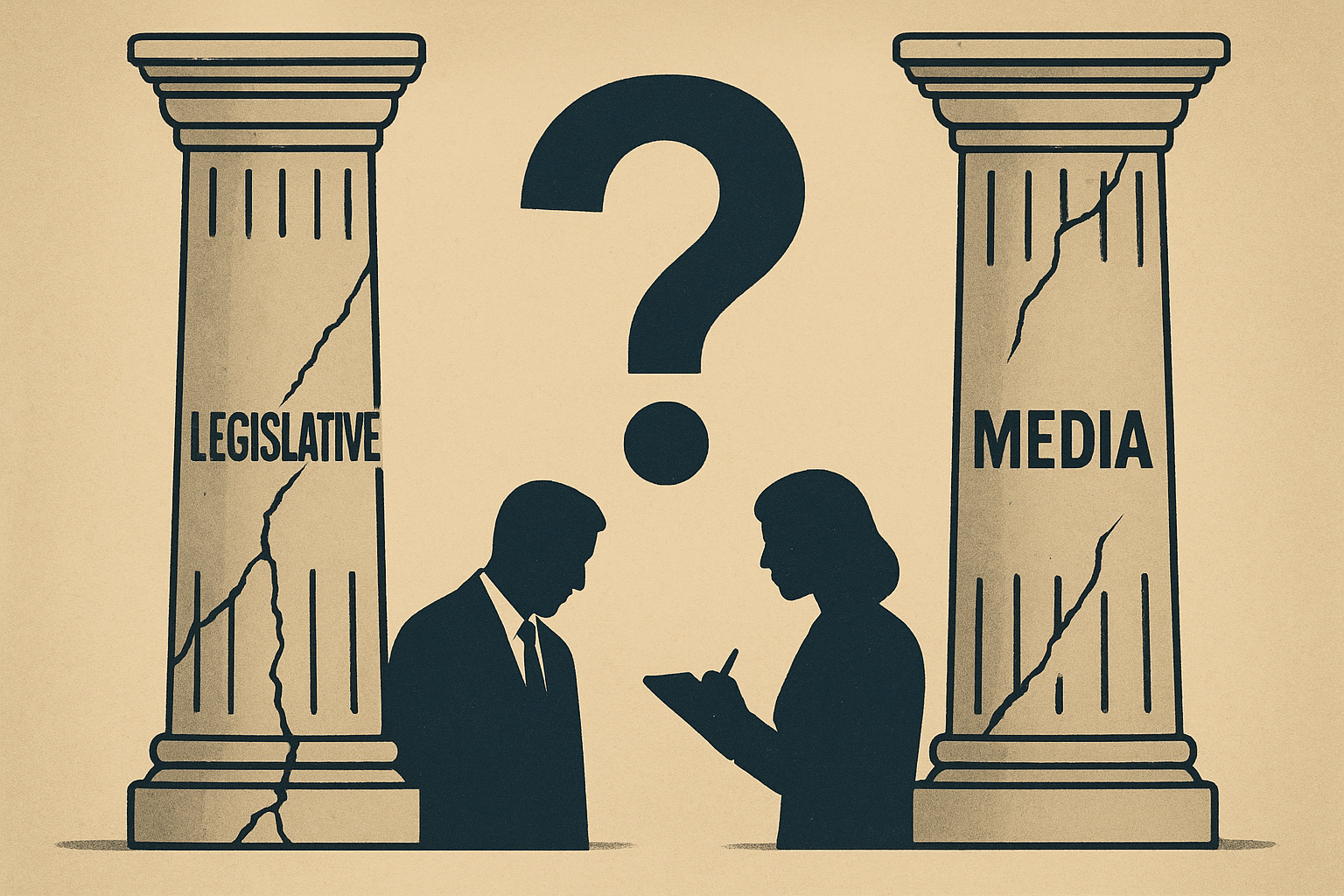Court Protects Press Freedom in Assam Journalist’s Case
The Gauhati High Court has quashed criminal proceedings against journalist Kongkon Borthakur, who faced charges under Section 153A of the Indian Penal Code (IPC) for allegedly promoting disharmony through a newspaper article published in 2016. The ruling is seen as a strong reaffirmation of press freedom in Assam.
The case began when Farid Islam Hazarika, president of the All Assam Muslim Students’ Union (AAMSU), Sivasagar unit, filed an FIR on November 11, 2016. The complaint alleged that an article authored by Borthakur in the Assamese daily Dainik Janambhumi attempted to disturb communal harmony in the region.
The FIR led to the registration of Sivasagar Police Station Case No.1008/2016 under Sections 153A/34 IPC, accusing the journalist of promoting enmity between communities.
Justice Pranjal Das, while hearing the petition under Section 482 CrPC, ruled that the FIR lacked the essential ingredients of Section 153A. He stated that journalistic reporting on sensitive issues cannot be equated with attempts to incite violence or hatred.
“It is the core duty of journalism to raise burning issues, which matter to society. Raising concerns about illegal migrants, religious fundamentalism, militant activities and demographic threats to the indigenous people cannot, by itself, be construed as an attempt to create enmity between groups or to incite violence,” Justice Das observed.
The Court emphasized that the article was based on ground-level research and did not target any specific religious or ethnic group.
Why Section 153A Did Not Apply
The High Court clarified that for prosecution under Section 153A IPC, three elements are essential:
- At least two communities must be pitted against each other.
- There must be a deliberate intention (mens rea) to promote hatred or violence.
- The act must have a tendency to disturb public tranquility.
The article in question, the Court held, failed to meet these requirements. Instead, it represented the journalist’s professional duty to highlight social concerns such as illegal migration, religious fundamentalism, and militant threats.
Legal Precedents Cited
The Court relied on several landmark judgments, including:
- State of Haryana v. Bhajan Lal (1992) – laying the foundation for quashing FIRs.
- Patricia Mukhim v. State of Meghalaya (2021) – clarifying that intention to incite violence is crucial under Section 153A.
- Bilal Ahmed Kaloo v. State of Andhra Pradesh (1997) – holding that at least two groups must be involved to attract Section 153A.
After reviewing the FIR and the newspaper article, the Gauhati High Court concluded that the allegations did not satisfy the legal test for Section 153A. Accordingly, the Court quashed the criminal proceedings in their entirety, bringing relief to Borthakur nearly nine years after the case began.
Significance of the Judgment
The ruling reinforces that journalism cannot be criminalized for raising matters of public concern. It also highlights the judiciary’s role in protecting freedom of the press against misuse of criminal law.
This decision is expected to set a precedent for similar cases where journalists face legal action for reporting on sensitive but socially relevant issues.





